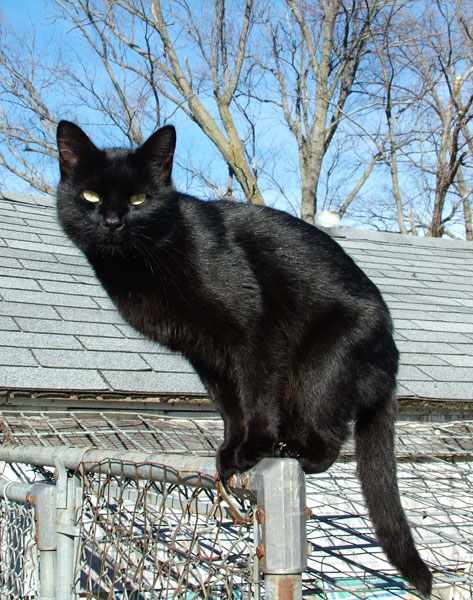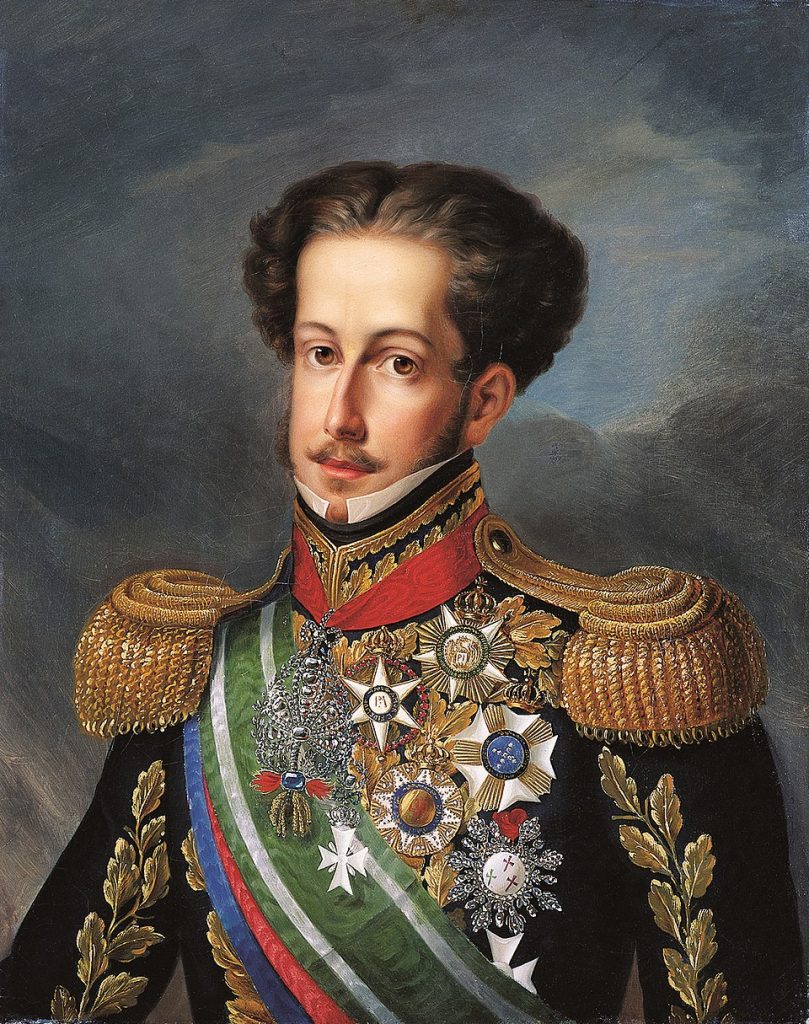Portugal, like many other countries, has a rich tradition of superstitions that cross generations. Some are common to different cultures, while others have roots deeply linked to the Portuguese history and folklore.
Among the most common and universal we can mention the belief that Friday the 13th brings bad luck or that crossing paths with a black cat, or walking under a ladder, can be a sign of bad luck. Breaking a mirror can bring seven years of bad luck and leaving scissors open attracts misfortune. Opening an umbrella indoors is also considered a bad sign, as is gathering 13 people at a table.
However, Portuguese folklore also presents some more traditional and particular superstitions, such as the one that placing bread upside down on the table attracts bad luck and loss of fortune. The origin of this superstition may be linked to the importance of bread in Portuguese culture and the respect that has always been given to it, being considered a sacred food. If a person feels an ear “burning” it is understood as someone talking about them. If it’s the right ear, they say they’re speaking well, but if it’s the left ear, it’s because they’re speaking badly. Whenever someone says something negative, it is also common to knock on wood three times to keep off bad luck, and if a broom touches someone’s feet while sweeping, it is believed that person will never marry. That same broom, if placed behind the door, will summon fortune.
It is also tradition for the groom not to see the bride before the wedding and it is believed that it has ancient origins, dating back to the times when marriages were arranged. In this way, the groom was prevented from seeing the bride before the ceremony to prevent her from cancelling the wedding and over time the practice became a superstition of bad fortune. Leaving a purse or bag on the floor is also seen as a sign of financial loss, as the ground is seen as an impure location.
Finding a spider or a spider web at home is, for many people, a sign of good luck and prosperity. Spiders are believed to symbolize hard work and patience, as they build their webs meticulously. In the Middle Ages, spider webs were said to protect the home from evil spirits. Some versions of the superstition indicate that encountering a spider at night brings good luck, while crushing one can bring bad one.
Many Portuguese people will avoid going to bed early on New Year’s Eve, and it is a custom to eat twelve raisins, one with each bell toll, and ask for a wish with each raisin.

Superstitions are part of popular culture and reflect ancient beliefs that are often passed down from generation to generation, and, regardless of whether we believe in them or not, they continue to be a fascinating element of Portuguese and other cultures’ identity.


